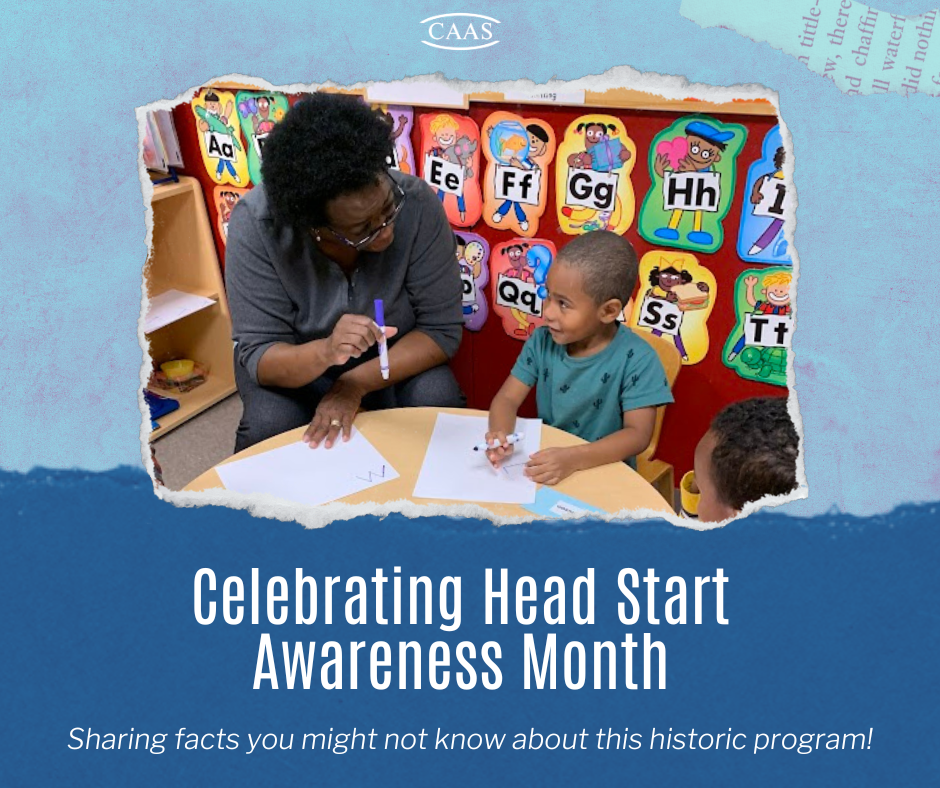Celebrating Head Start Awareness Month
October marks Head Start Awareness Month, a time to reflect on this program and celebrate the lives it’s changed, both across the nation and right here in our community! We’re taking a look back at the history of Head Start and sharing facts about the program that you might not have known about!
Head Start’s history begins with Lyndon B. Johnson’s efforts to end poverty in the U.S., an initiative launched in 1965 that also led to the creation of Community Action Programs. To Johnson, this program seemed like one of the most impactful ways to not only serve families in poverty, but to change the trajectory of the lives of children in poverty and create a pathway to financial wellbeing. His belief in the program was clear, describing it as “[O]ne of the most constructive, and one of the most sensible, and also one of the most exciting programs that this nation has ever undertaken.”
Since then, Head Start programs nationwide have served over 38 million children and families. Each year, CAAS alone serves around 200 children and families right here in Somerville and Cambridge, at our seven Head Start centers throughout the cities! Those seven centers are part of a network of Head Start programs across the state that are serving thousands of children and families each day. And notably, these children and families are often the most vulnerable in our community - 1,047 children from families experiencing homelessness and 470 children in foster care were served by Massachusetts Head Start programs last year.
Head Start was and continues to be not just a free preschool program, but a service that meets the emotional, social, health, nutritional, and educational needs of children and families. Head Start programs provide children with free vision exams, hearing tests, and health screenings to ensure that each child is meeting important health milestones. They also provide meals for children, making them a vital tool in the fight against child hunger. And they assist families with a range of needs, including food, shelter, clothing, and other basic needs.
One of the most important aspects of Head Start comes with the family support it provides. Parent involvement is one of the four core tenants of Head Start’s approach, and offers everything from ESOL and parenting classes, nutrition workshops, volunteer and leadership opportunities, and even a college course in child development. And this parental involvement has been shown to have lasting impacts on families' lives. As a result, Head Start parents are more likely to read with their children, continue their own education, and be strong advocates for their children’s education.
Head Start parents also have the ability to make key decisions around how the programs function, creating a unique way for parents to get involved with their child’s education, and allowing Head Start programs to remain responsive to the most important needs of the families we serve. Each program has a Head Start Policy Council, made up of current parents of Head Start children. Every Policy Council makes decisions about how the program spends money, what children do in their classrooms, and how the program works with community partners.
What does all of this mean in the long term? Head Start children are more likely to graduate high school, attend college, and receive a postsecondary degree, license, or certification. So join us in celebrating this incredible program, and give thanks to the amazing teachers, staff, and advocates who make this work possible! Head Start changes lives and transforms communities. Let’s continue to raise awareness of this important program and celebrate it for years to come.

